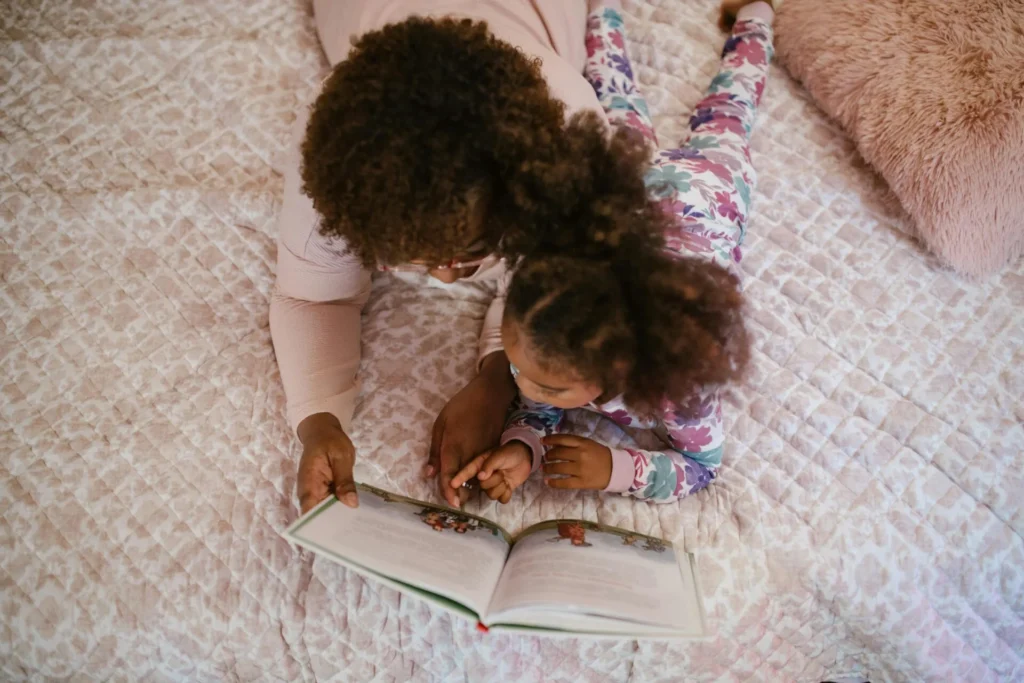As a lifelong reader, I was reflecting on how it might have been different if I had grown up scrolling online for hours, watching YouTube videos, checking my social media, posting on Instagram, or playing video games, with little time left for devouring books.
Maybe I would not recall my mother reading, “My Big Brother” to me, and would have missed the joy of identifying with the little girl who would have to run to keep up with her big brother’s steps. Perhaps I would not have pretended to be afraid of the dark so that my parents would leave the hall light on, allowing me to secretly continue reading well after bedtime. Or maybe I would not have been gifted the book, “Will Shakespeare and the Globe Theater” (which sits on my bookshelf today) by my fourth-grade teacher, with an inscription that inspired me to continue my love of literature.
These musings led me to consider the psychological benefits of reading in childhood. Reading to a young child daily helps develop a special bond. It is a predictable, anticipated, shared experience that can bring children joy, comfort, language skills, and an opportunity for meaningful discussions. If they acquire an appreciation for books early on, it will encourage them to learn to read independently and continue to learn about their world and grow in a variety of ways.
The psychological benefits of reading include:
Increasing concentration, attention span, memory retention, and knowledge:
Reading requires sustained focus to both decode the words and make sense of the content. Other executive functions involved include working memory and cognitive flexibility to help manage attention and organize information.
Fostering imagination and creativity:
Reading involves creating mental images, visualizing characters and settings, and considering various viewpoints. This can open doors to new worlds, encouraging kids to dream bigger.
Developing emotional intelligence:
Stories can help the development of empathy for others, self-awareness, and emotional regulation. Reading about the variety of experiences of the characters helps foster a better understanding of emotions and motivations and may enhance their interpersonal interactions.
Reducing stress and anxiety:
Books can provide a calming escape from the pressures of daily life and serve as a “friend” in challenging times.
Building self-esteem/confidence:
Children can feel proud as they master new skills and may gain confidence and inspiration to believe in their own strengths, identifying with characters who overcome adversity.
Enhancing social development:
Books offer a broader perspective on the world, helping to foster open-mindedness, curiosity, and tolerance for differences.
To teach the love of reading is to make it fun, engaging, and accessible. It is helpful to have a dedicated time, maybe bedtime, and a compelling selection of books from which to choose. When reading aloud, sound excited and use different voices to make it more engaging. Even when children are old enough to read by themselves, they often enjoy being read to, or you can take turns, alternating pages.
Modeling reading behavior and sharing compelling content can also help motivate kids, as can setting up a cozy reading corner. Ultimately, encouraging reading in childhood may cultivate a lifelong love of it. Quoting Dr. Seuss, “You can find magic wherever you look. Sit back and relax, all you need is a book.”







